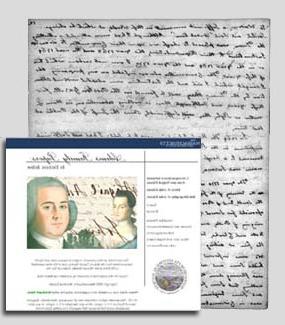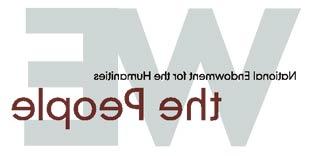John Adams autobiography, part 1, "John Adams," through 1776, sheet 12 of 53, 1768-1770

From the Adams Family Papers
The transcription of this section of Adams's autobiography is featured on the Adams Family Papers: An Electronic Archive website.
Online display of the autobiography.
Justice Prevailed
Reflecting upon events some thirty years later, John Adams offers an interesting perspective on the "horrid massacre." His sentimental, if not completely accurate, recollection of his participation in the trials reveals a great deal about his own sense of justice. Adams never wavered in his belief that he did the right thing by defending the soldiers, although, as he explains in his autobiography, many Bostonians thought differently
Questions to Consider
1. How does John Adams describe the night of 5 March 1770?
2. In Adams' opinion, who or what is responsible for the Boston Massacre? Why did it happen?
3. Adams' account was written a number of years after the Boston Massacre took place. How might the passage of time have affected his memory of events?
Funding from the Massachusetts Society of the Cincinnati supported enhancements to this website.



